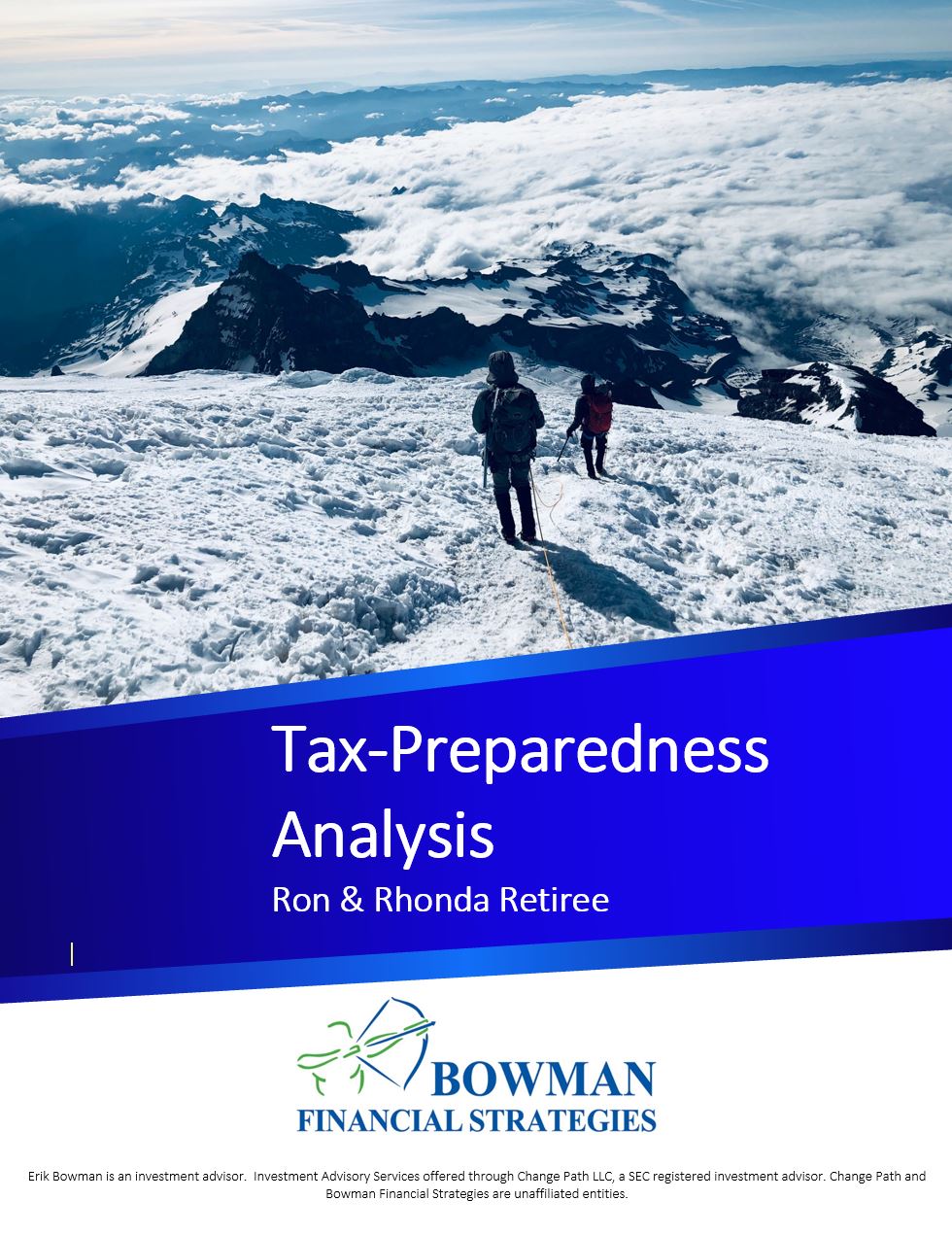What is Full Retirement Age?
Investment Advisory Services offered through CreativeOne Wealth, LLC, a SEC registered investment adviser. CreativeOne Wealth, LLC and Bowman Financial Strategies are unaffiliated entities.
Licensed Insurance Professional. We are an independent financial services firm helping individuals create retirement strategies using a variety of investment and insurance products to custom suit their needs and objectives. This material has been prepared for informational and educational purposes only. It is not intended to provide, and should not be relied upon for, accounting, legal, tax or investment advice. 19770 - 2020/2/10
Investment advisory services are provided in accordance with a fiduciary duty of care and loyalty that includes putting your interests first and disclosing conflicts. Insurance services have a best interest standard which requires recommendations to be in your best interest. Advisors may receive commission for the sale of insurance and annuity products. Additional details including potential conflicts of interest are available in our firm's ADV Part 2A and Form CRS (for advisory services) and the Insurance Agent Disclosure for Annuities form (for annuity recommendations).

